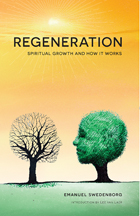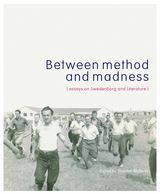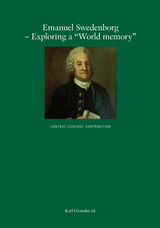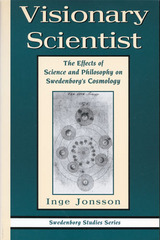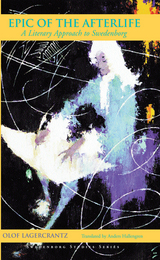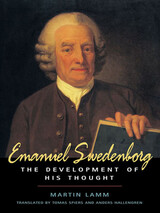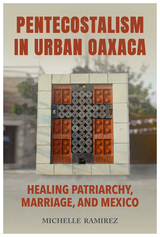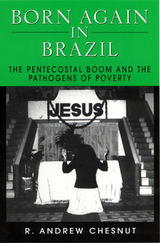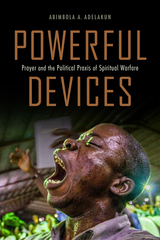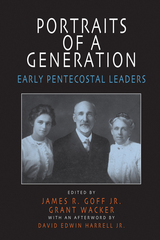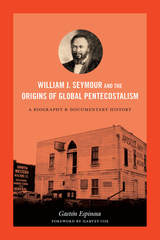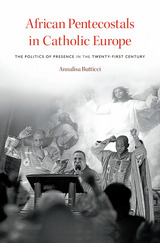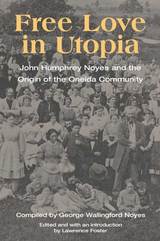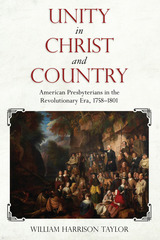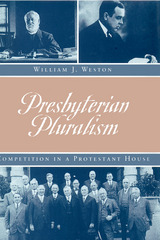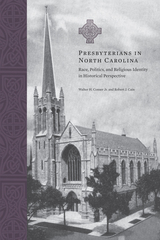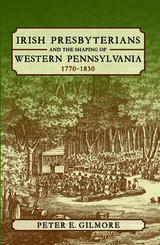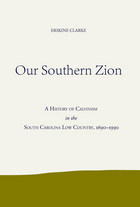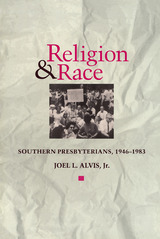Cloth: 978-1-56639-112-2 | Paper: 978-1-56639-113-9
Library of Congress Classification BX8762.A45B66 1994
Dewey Decimal Classification 289.940981
Only by understanding the enduring poverty of Brazil can one hope to understand the recent growth of Protestant evangelical churches there, Cecília Loreto Mariz contends. Her study investigates how religious groups support individualism and encourage the poor to organize. Groups with shared values are then able to develop strategies to cope with poverty and, ultimately, to transform the social structure.
Interviews with members and leaders of religious groups, accounts of meetings, and close readings of religious literature contribute to a realistic account of Christian base communities and Assembly of God churches, folk Catholic tradition, and Afro Brazilian Spiritism.
See other books on: Coping | Pentecostal churches | Poverty | Poverty & Homelessness | Religious life
See other titles from Temple University Press

